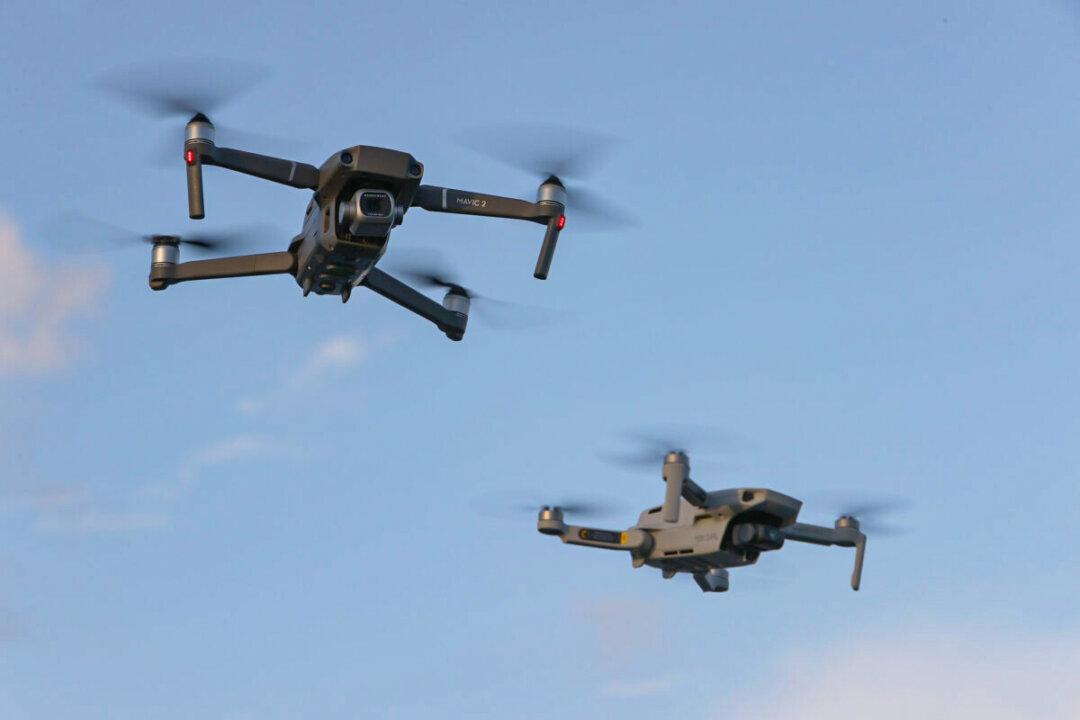Commentary
China’s DJI is selling drones to U.S. government agencies, including the FBI and DHS, and paying lobbyists in Washington to keep the flow going. The lobbyists are allegedly obstructing bills in Congress that would ban the practice.

China’s DJI is selling drones to U.S. government agencies, including the FBI and DHS, and paying lobbyists in Washington to keep the flow going. The lobbyists are allegedly obstructing bills in Congress that would ban the practice.